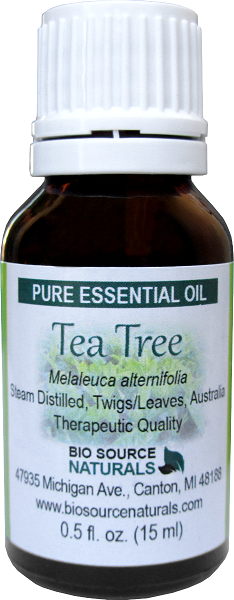Psoriasis is a chronic condition that can vary in severity and may require ongoing management and treatment. While the exact cause of psoriasis is not fully understood, it is believed to involve a combination of genetic and environmental factors. Triggers such as stress, infections, certain medications, and changes in weather or climate can worsen psoriasis symptoms.*
Psoriasis is a condition characterized by red, scaly patches on the skin that should be managed under the guidance of a healthcare professional. While essential oils are popular in natural remedies, it’s crucial to approach their use with caution, especially for conditions like psoriasis. While some essential oils may offer relief, individual responses can vary, and they are not a substitute for medical treatment. If you’re considering using essential oils for psoriasis, consult with your dermatologist or healthcare provider first.*
Those unfamiliar with this condition ask the question – Is psoriasis contagious? Psoriasis is not contagious. It is important to note that psoriasis cannot be spread from person to person through direct contact, physical touch, or other means.*
There are several essential oils that are often recommended for use in managing the symptoms of psoriasis symptoms. Those include:


